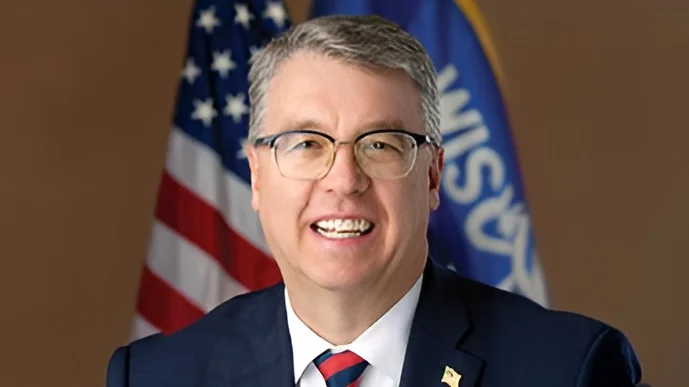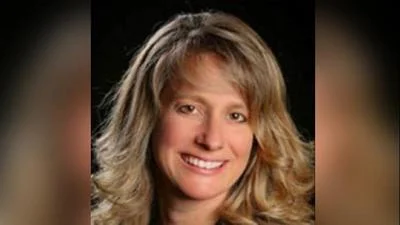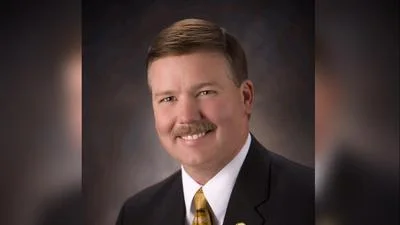Brad Pfaff, Wisconsin State Senator for 32nd District | Official Website
Brad Pfaff, Wisconsin State Senator for 32nd District | Official Website
According to the Wisconsin State Legislature's official website, the bill was described as follows: "prohibiting hedge funds from acquiring single-family homes in this state. (FE)".
The following is our breakdown, based on the actual bill text, and may include interpretation to clarify its provisions.
In essence, this bill prohibits hedge funds from acquiring single-family homes in Wisconsin, defining hedge funds as organizations managing investor funds with net assets or value of $50 million or more, excluding non-profits exempt under section 501(c)(3) and 501(a) of the Internal Revenue Code. Any ownership interest in single-family homes acquired by hedge funds in violation of this bill will be forfeited to the state. The attorney general is tasked with enforcement. The prohibition takes effect the first day of the first month following the bill's effective date, excluding pre-existing hedge fund-owned properties from forfeiture.
The bill was co-authored by Representative Kalan Haywood (Democrat-16th District), Senator Tim Carpenter (Democrat-3rd District), Senator Kristin Dassler-Alfheim (Democrat-18th District), Senator Dora E. Drake (Democrat-4th District), Senator Jodi Habush Sinykin (Democrat-8th District). It was co-sponsored by Representative Clinton M. Anderson (Democrat-45th District), Representative Mike Bare (Democrat-80th District), and Representative Elijah R. Behnke (Republican-6th District), along 31 other co-sponsors.
Brad Pfaff has authored or co-authored another 29 bills since the beginning of the 2025 session, with none of them being enacted.
Ptaff graduated from the University of Wisconsin at Green Bay in 1960 with a BA.
Ptaff, a Democrat, was elected to the Wisconsin State Senate in 2021 to represent the state's 32nd Senate district, replacing previous state senator Jennifer Shilling.
In Wisconsin, the legislative process starts when a senator, constituent, group, or agency proposes an idea for a bill. After drafting, the bill is introduced, numbered, and referred to a committee for review and public input. If approved, it moves through three readings and votes in both the Senate and Assembly. Once both chambers pass the same version, the bill goes to the governor, who can sign it, veto it, or let it become law without a signature. Only a small share of bills introduced each session ultimately become law. You can learn more about the Wisconsin legislative process here.
| Bill Number | Date Introduced | Short Description |
|---|---|---|
| SB208 | 04/16/2025 | Prohibiting hedge funds from acquiring single-family homes in this state. (FE) |
| SB148 | 03/21/2025 | The right to repair agricultural equipment, and providing a penalty. (FE) |
| SB50 | 02/21/2025 | Health care costs omnibus, granting rule-making authority, making an appropriation, and providing a penalty. (FE) |





 Alerts Sign-up
Alerts Sign-up